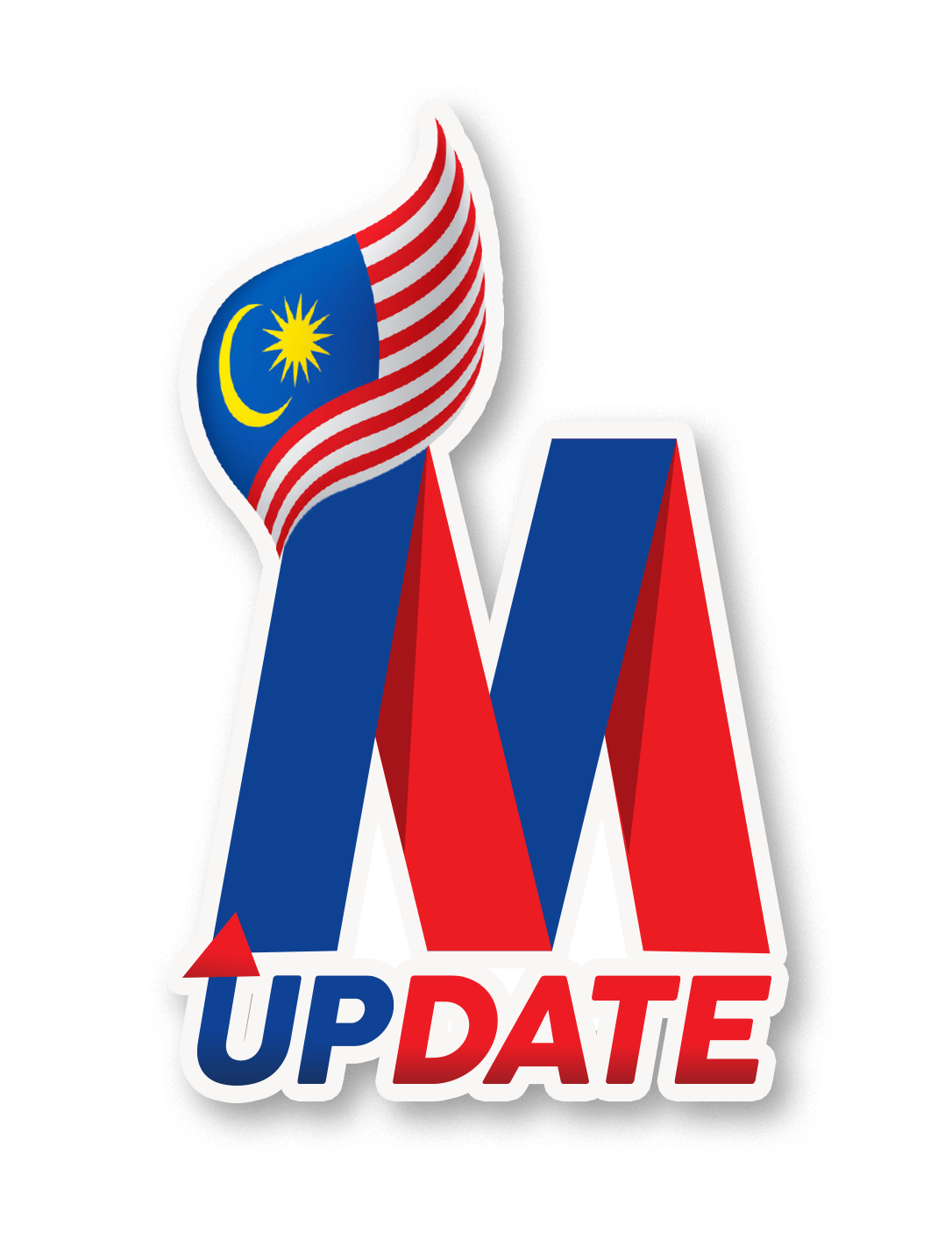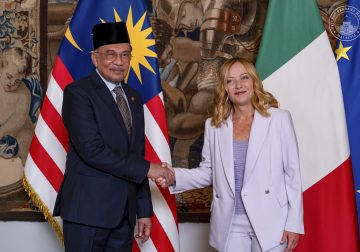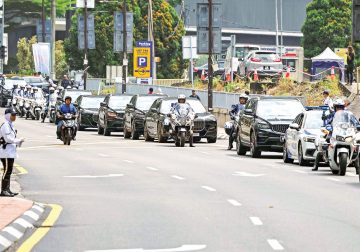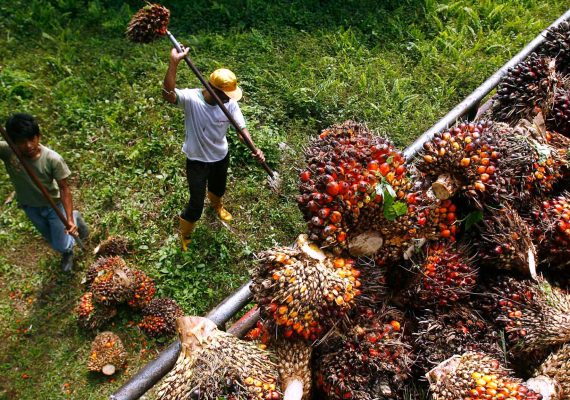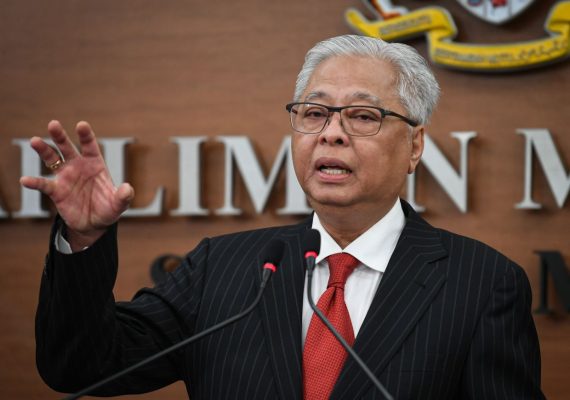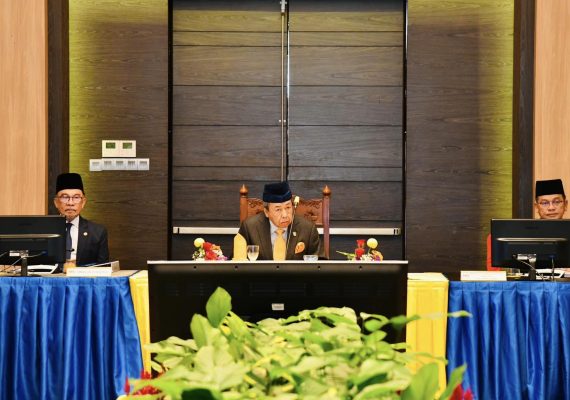By Nadiah Nadzri, PhD Candidate
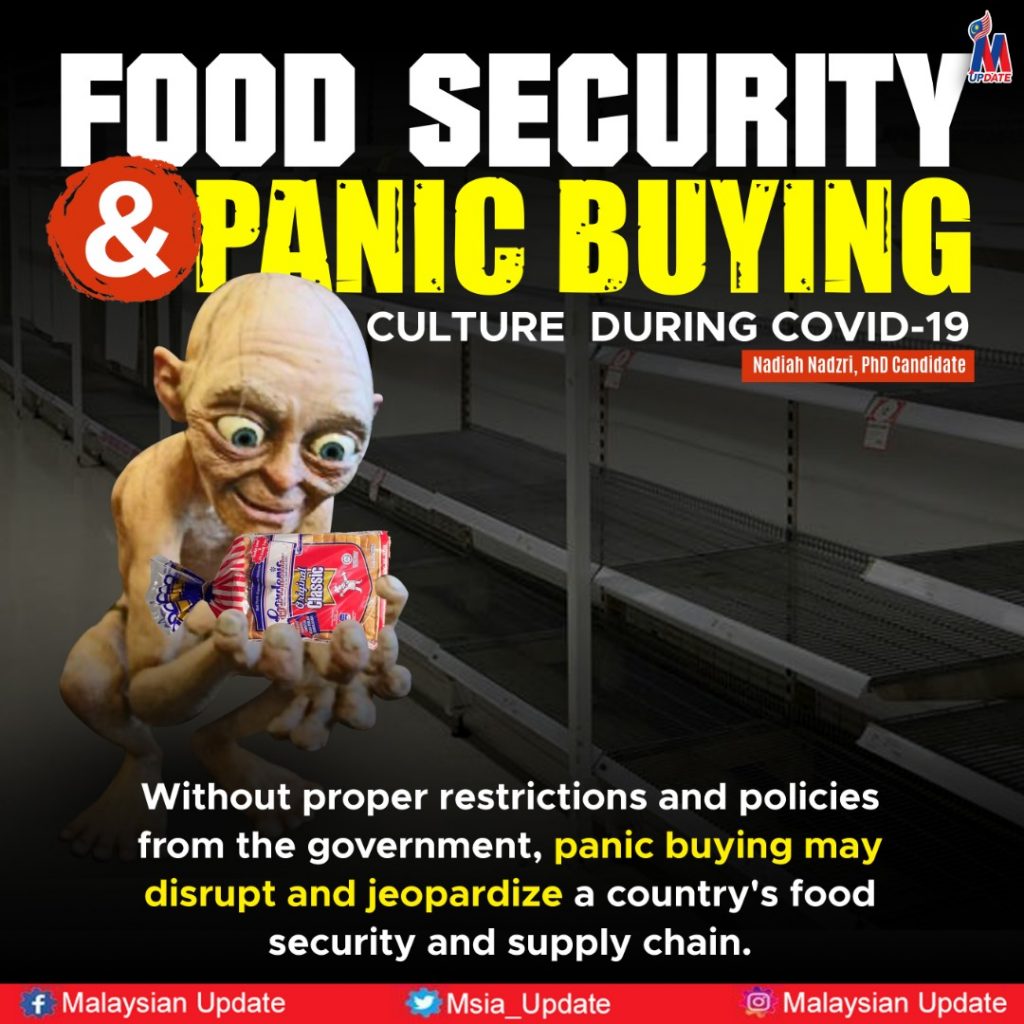
Up till 2020, Malaysia has never experienced any serious crises that would shake the very core of countries on a global scale like that of the COVID-19 pandemic. While we are still weathering the COVID storm, Malaysians are forced to adapt to the new normal customs of maintaining SOPs i.e. to wear protective masks upon going out of the house, to practise social distancing and to avoid crowds as well as to adhere to working and schooling from home; all for the sake of protecting themselves and others from contracting the fatal disease. With such strict SOPs brings forth another surprising culture that is not even endorsed by the government in the first place: panic buying. Panic buying is a culture that is often seen and carried out by citizens from the United States all the way to China. People from these countries often resort to panic buying mostly during economic recessions and environmental catastrophes, events where Malaysia was able to steer clear of previously. Without proper restrictions and policies from the government, panic buying may disrupt and jeopardize a country’s food security and supply chain.
Food security is a part of the dimensions of human security; thus, we must first engage on the meaning of human security in accordance to the United Nations General Assembly (UNGA) resolution 66/290. It is defined as an “approach to assist Member States in identifying and addressing widespread and cross-cutting challenges to the survival, livelihood and dignity of their people.” It calls for “people-centred, comprehensive, context-specific and prevention-oriented responses that strengthen the protection and empowerment of all people.” The paradigm of human security includes freedom from fear, freedom from want and freedom to live with dignity supporting the seven (7) dimensions of human security namely economic, political, personal, community, environment, food and health securities respectively.
In Malaysia, Bala et. al. (2014) concurred that the food security policy in this country is largely about ensuring the availability, accessibility and utilization of rice to the society. To this end, three policy objectives were set since 1970s, namely: to ensure high price to paddy farmers to produce rice, to achieve a certain level of self-sufficiency in rice and to ensure a stable and high quality of rice to the consumers. In recent years, the guarantee of food security is now placed under Strategy 17 of the National Security Policy (2019). Dardak (2020) reiterated that Malaysia is generally a food secured nation as it was ranked 28th out of 113 countries of food secured nations by the Global Security Index. The inclusion into this index shows that all staple foods are mostly available to sufficiently meet the demand.
In terms of food security, Workie et al. (2020) reiterated that Covid-19 brought forth disturbances in food security whereby food supply chains and stocks in food production as well as a decline in incomes and remittances, creating tensions and food insecurity in countries. Although there was sufficient food in the supply chains at the beginning of the crisis, an imbalance to food supplies is instigated through panic-buying by the public who foresee the possibilities of scarcity in supplies during lockdowns. It is more than obvious now that the panic buying culture has unfortunately arrived in our shores, much to the dismay of many.
Panic buying is the act of purchasing unusually large quantities of goods in anticipation of a supply disruption caused by a major disaster or catastrophe (Tsao et al., 2019). Roy et al. (2020) discovered that one-third of customers felt compelled to buy and hoard items at home during the COVID-19 pandemic which in turn has an adverse effect on society and the economy (Prentice et al., 2020). Understanding the reasons of panic buying is critical to crisis management since such behaviour might have unintended repercussions (Tsao et al., 2019; Zeng et al., 2020). According to studies, governments’ SOPs and initiatives to prevent the pandemic such as lockdowns, social distancing and quarantine may be linked to panic buying (Prentice et al., 2020). Excessive stockpiling posts on social media by friends, relatives, and strangers may also heighten the fear of losing out and lead to panic buying (Roy et al., 2020).
COVID-19 has a significant impact on global food security. As a result of the pandemic, authorities are being forced to reconsider their current methods of operation in order to increase the stability of food production and supply networks. Many countries have ensured that the very essence of food security is well taken care of during the pandemic. For example, the German government vows to aim to reform the meat industry, after their meat processing plants were hit by outbreaks. Malaysia too, has stepped up on declaring food security as a major concern during a pandemic.
This is evident in the setting up of a Cabinet Committee on National Food Security Policy in September of 2020 and is responsible for the holistic scrutiny of food security issues involving aspects on the food supply chain, manpower, technological applications, financial resources, investment and land and infrastructure use. During its first meeting, the committee has agreed to create four clusters as a strategy to improve the quality and food security by optimising existing resources which are the Availability Cluster under the Secretariat of the National Agricultural Advisory Council (MPPN), Ministry of Agriculture and Food Industry (MAFI); Accessibility Cluster under the Secretariat of the National Action Council on Cost of Living, Domestic Trade and Consumer Affairs; Food Safety and Nutrition Cluster under the Secretariat of the National Food and Nutrition Safety Council, Health Ministry; and finally the Stability and Sustainability Cluster under MAFI and National Security Council (MKN) (Bernama, 2020).
** The views expressed are those of the author and do not necessarily reflect those of M-Update
